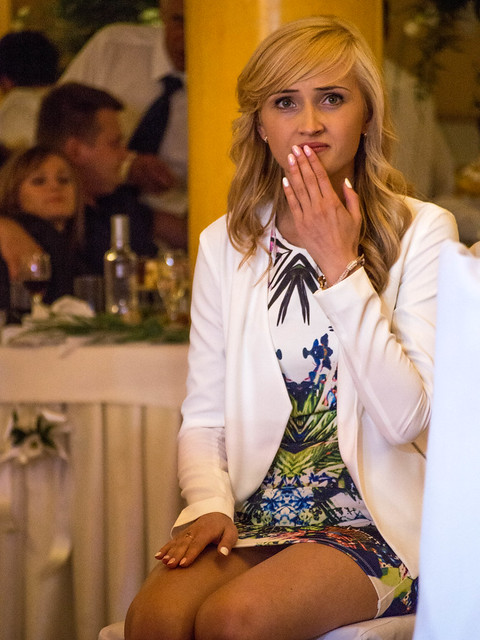Is there really a right and a wrong in our lives, in how we make decisions?
In my last post, I asked people. I put up a poll and 80%, 69 people voted yes they believe there is a right and a wrong. Five people (6%) voted “Absolutely not!”, and the last 14% were undecided.
I found that fascinating.
Considering I have written a lot about murder, I am not surprised by the answers. And yet I am very surprised.
In my younger years, I would have argued with you vehemently that there is a right and a wrong, but I have seen otherwise lately.
We live by many rules and laws in our society that guide our choices in how we act in life. These, in simple terms, define what is acceptable in our society and what is not.
For example, it is not acceptable to steal from people, harm, injure or kill them. But we still do kill people in society, right? We still implement capital punishment in the U.S. and other countries. We have “moral” justifications as to why we shouldn’t do it, but then there are times when we believe it is okay to do it. And people argue both sides of that debate–that we should kill and that we shouldn’t kill.
We believe in the laws because they protect people. They give people the right to life, liberty and in some places the right to pursue happiness. Each country, however, has different values.
Some people find they are guided by right and wrong by their religious values, by their belief in God, and other people decide right and wrong based on their internal value system, or a system of compassion.
But how do we truly know what is right and wrong? Can we ever know?
If I decide something is right for me, how can I say it is right for you?
What guides you in making that determination? Who is the ultimate determining factor of the “right” decision?
We all have different beliefs and values.
I used to think there was a “right way” for someone to do a task, behave, respond, etc. if they cared about me. Now I am not so quick to make a judgement. Now I realize, there is my way and their way, and neither are right or wrong. There are just two possibilities.
This change in my paradigm has greatly opened up the world I live in. It’s more beautiful and more lovely than before. It’s not near as black and white. It has changed my relationships considerably, too.
I do believe in protecting life, giving people equal opportunity, fostering safe environments and being compassionate, but those are my beliefs on right and wrong. What are yours?
If this concept is new to you, here is some interesting reading for you.



